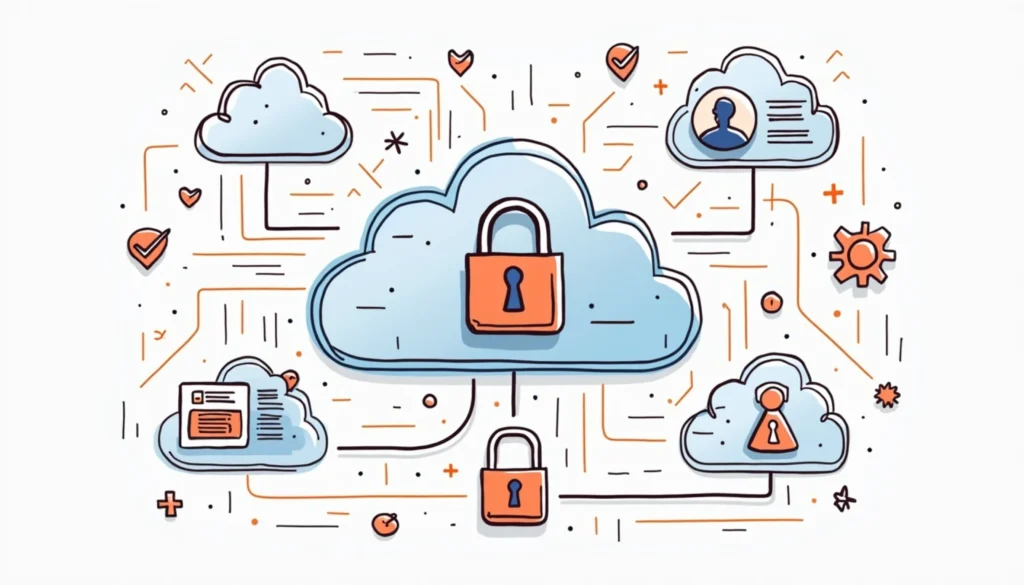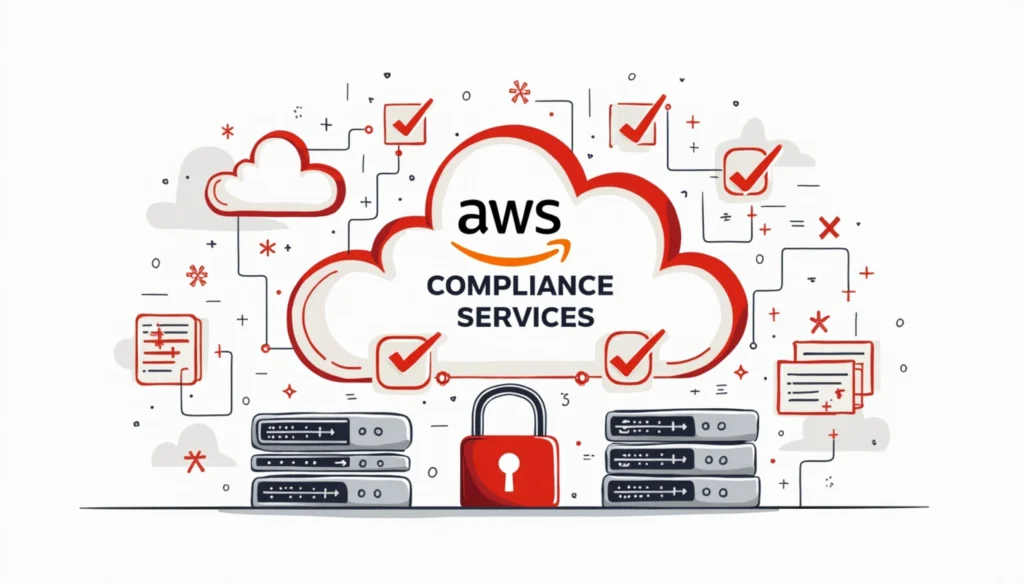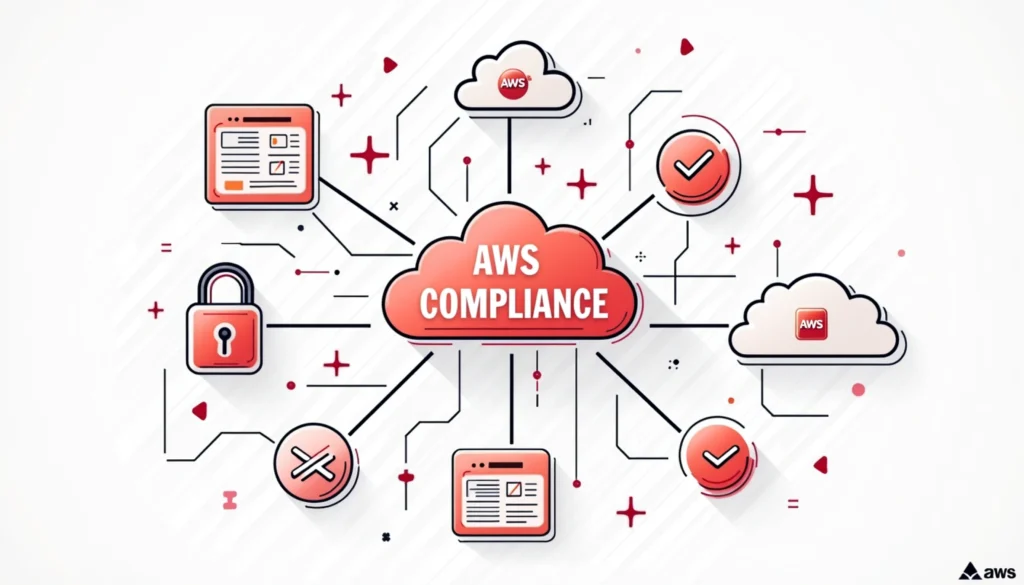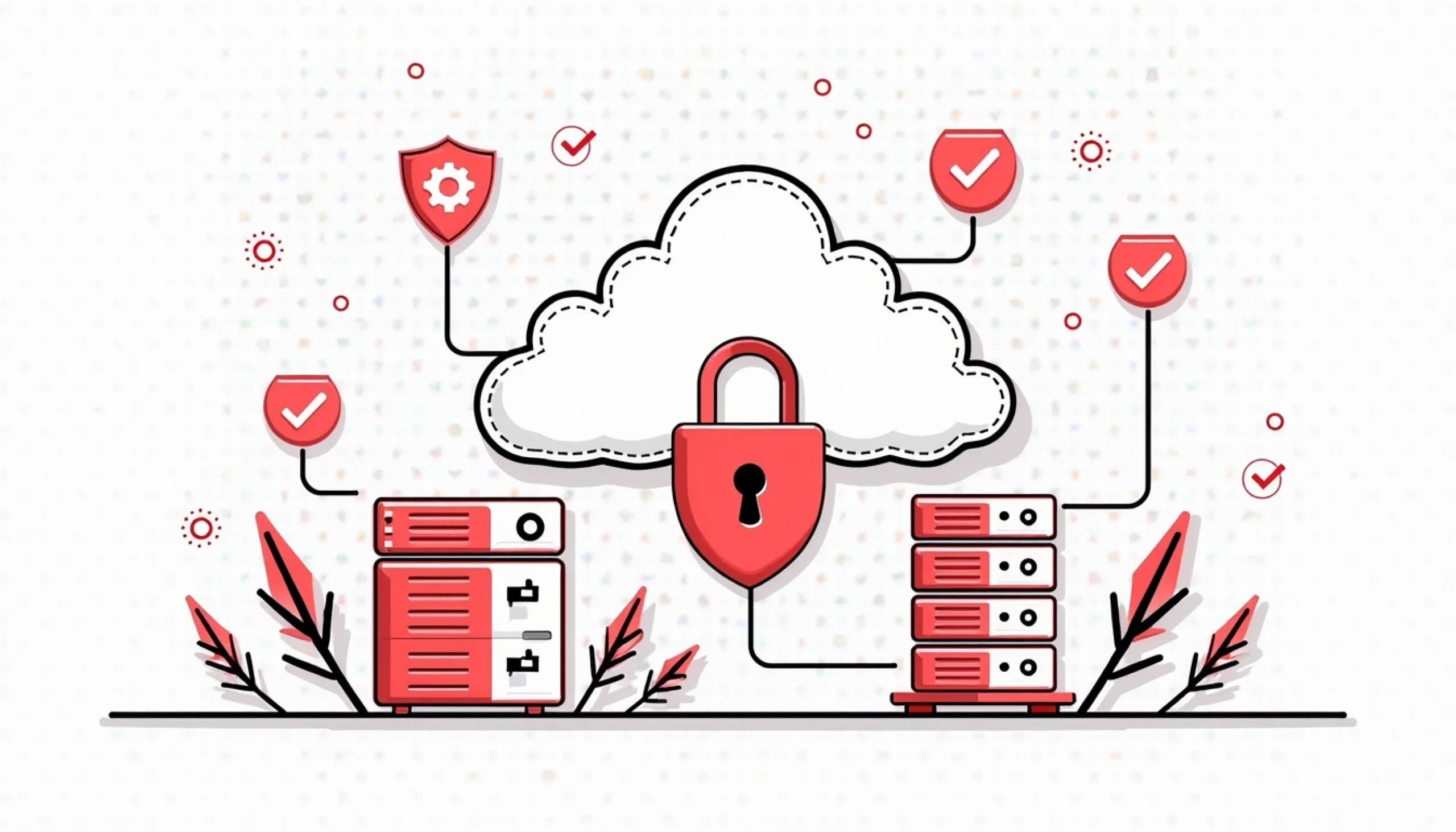For businesses utilizing Amazon Web Services (AWS) to power their digital transformation, aligning with strict regulatory standards and ensuring robust compliance practices is critical. Achieving adherence to frameworks like PCI DSS, HIPAA, and GDPR is no simple feat, yet AWS compliance offerings streamline this process. By integrating the right tools and services—from AWS Artifact and AWS Audit Manager to resource management via AWS Config—organizations can navigate the complex world of cloud compliance with confidence. This article provides an in-depth look at effectively leveraging AWS Compliance Services and related AWS resources to protect customer data, maintain data protection, and meet evolving regulatory demands.
Understanding AWS Compliance and Security on the AWS Cloud
AWS compliance isn’t limited to a single product; instead, it encompasses a range of capabilities, services, and programs that help organizations align their AWS environment with industry regulations. By taking advantage of the AWS cloud, companies can accelerate innovation without compromising on security or regulatory requirements. The AWS platform facilitates this through a shared responsibility approach, where AWS manages the security “of” the cloud, and the AWS customer is responsible for security “in” the cloud. This shared responsibility model empowers businesses to focus on their applications and customer data, while AWS security features and managed infrastructure provide a solid compliance foundation.
From AWS Security Hub, which centralizes security alerts, to AWS CloudTrail, which offers detailed logging, and AWS CloudHSM, enabling secure key storage, the suite of security services available on the AWS platform is extensive. Other specialized services, such as AWS Directory Service for identity management and AWS Key Management Service (KMS) for encryption key handling, all contribute to maintaining robust data protection. Additionally, frameworks like the AWS Compliance Program and compliance reports available through AWS Artifact help validate that security controls are in place to meet standards like PCI DSS and industry-specific mandates.
The Importance of Compliance in Modern Cloud Services
Adherence to regulatory frameworks in the AWS cloud is not only about avoiding penalties—it’s about building trust. When an organization shows evidence of meeting stringent requirements through tools like AWS Audit Manager or references reputable sources found on the AWS site, customers gain confidence. This trust can be further reinforced by aligning with high-level certifications—some of which can be accessed through the AWS Marketplace—and demonstrating conformity with international standards, including AWS SOC reports.
Staying compliant also improves an organization’s competitive stance. For instance, meeting PCI DSS standards or employing AWS Config for continuous monitoring can reassure stakeholders in industries that handle sensitive financial data. Enterprises in regulated sectors often explore specialized deployments like AWS GovCloud to operate within jurisdictions that demand stringent controls. This approach can open doors to new markets where compliance is a baseline expectation rather than an afterthought.
Overview of Key AWS Services and Capabilities Supporting Compliance
The AWS portfolio encompasses tools and guidance designed to help implement a mature compliance program. Beyond foundational AWS security features, there are specific offerings that strengthen compliance capabilities:
- AWS Artifact: A central resource for on-demand access to compliance reports and certifications, simplifying audit readiness.
- AWS Config: Continuously monitors and records AWS resource configurations, making it easier to assess alignment with compliance requirements.
- AWS CloudTrail: Provides detailed event logs of all API calls within an AWS account, aiding in audit efforts and ensuring traceability.
- AWS Security Hub: Consolidates security findings across AWS accounts and services, providing a unified view of compliance status.
- AWS WAF: Safeguards web applications from common exploits, improving overall data protection and contributing to strong AWS security practices.
- Amazon GuardDuty: Employs intelligent threat detection to identify unusual activity in your AWS environment, supporting continuous data protection efforts.
Additionally, AWS’s documentation, including the AWS Cookie Notice, AWS Builder ID, AWS Support Overview, AWS Support Center, and guidance available at events like AWS re:Invent, ensures organizations have access to the information and expert help needed to maintain and improve their compliance strategies.
Enhancing Security Through AWS Security Services and Compliance Tools
Robust compliance is anchored in strong security—something Amazon Web Services makes intrinsic. By leveraging AWS security services, organizations can bolster their data protection posture and reduce the risk of incidents. Integration with tools like AWS Security Hub, AWS CloudTrail, and AWS WAF helps ensure that both general security considerations and specific compliance targets (such as those under PCI DSS) are met.

Moreover, AWS’s portfolio often extends into areas like cost management, allowing organizations to maintain both security and financial health. As regulation evolves, ongoing alignment with compliance frameworks and the use of AWS’s auditing and reporting tools reduce friction during external assessments.
Implementing Compliance: Best Practices to Integrate AWS Services
When mapping out compliance strategies, it’s advisable to:

- Identify Relevant Standards: Determine which regulations (e.g., PCI DSS) and frameworks apply to your scenario.
- Select Appropriate Tools: Leverage services like AWS Artifact for documentation, AWS Audit Manager for streamlined audits, and AWS Config for configuration tracking.
- Manage Identities and Data: Utilize AWS Directory Service for user management and KMS for encryption to safeguard customer data.
- Monitor Continually: Use AWS Security Hub, Amazon GuardDuty, and AWS CloudHSM to maintain a proactive stance.
- Explore Specialized Regions and Programs: Consider AWS GovCloud or similar environments if your compliance needs dictate specific jurisdictional controls.
These steps, alongside internal training, can ensure a smooth adoption of compliance controls. While we’ve replaced most instances of “best practices” with more specific guidance, the principles remain: continuous monitoring, regular updates, and consistent enforcement of defined policies.
Maintaining Compliance Through Regular Audits and Updates
Compliance is not a one-time checkpoint. By continuously using tools like AWS Audit Manager and exploring compliance-related offerings in the AWS Marketplace, organizations can adapt quickly to changes. Updating security policies, refining AWS security architectures, and revisiting control frameworks keep compliance efforts aligned with new standards.

Regular audits and assessments are essential. By reviewing compliance reports and utilizing AWS Config to ensure everything remains in order, organizations can quickly detect misconfigurations. Similarly, leveraging services such as AWS Organization helps manage multiple accounts under a unified policy framework, ensuring consistent rules and safeguards across business units.
Navigating the Complexities of Multi-Cloud and Beyond
While Amazon Web Services provides comprehensive compliance capabilities, many organizations operate in hybrid or multi-cloud environments, potentially involving platforms like Microsoft Azure. In these cases, understanding each platform’s compliance posture is critical. AWS provides resources that simplify integration and allow for consistent security standards, ensuring that customer data and data protection requirements are uniformly met.
Unlock Your Potential with Expert Help
Ready to ensure your business aligns with stringent compliance requirements and leverages the full power of AWS compliance offerings? Whether you’re looking to adopt AWS Security Hub, optimize AWS CloudTrail, or utilize the AWS Compliance Program, Futuralis can guide you. As an Advanced Tier AWS Partner, we offer hands-on assistance with cloud compliance, migration, and modernization, ensuring you stay on top of evolving standards. From navigating the AWS environment to exploring innovative solutions in the AWS Marketplace, our team delivers personalized guidance to startups and SMBs. Talk to an AWS Expert Today and tap into the agility, reliability, and trust that comes from operating in a secure and compliant AWS cloud.



